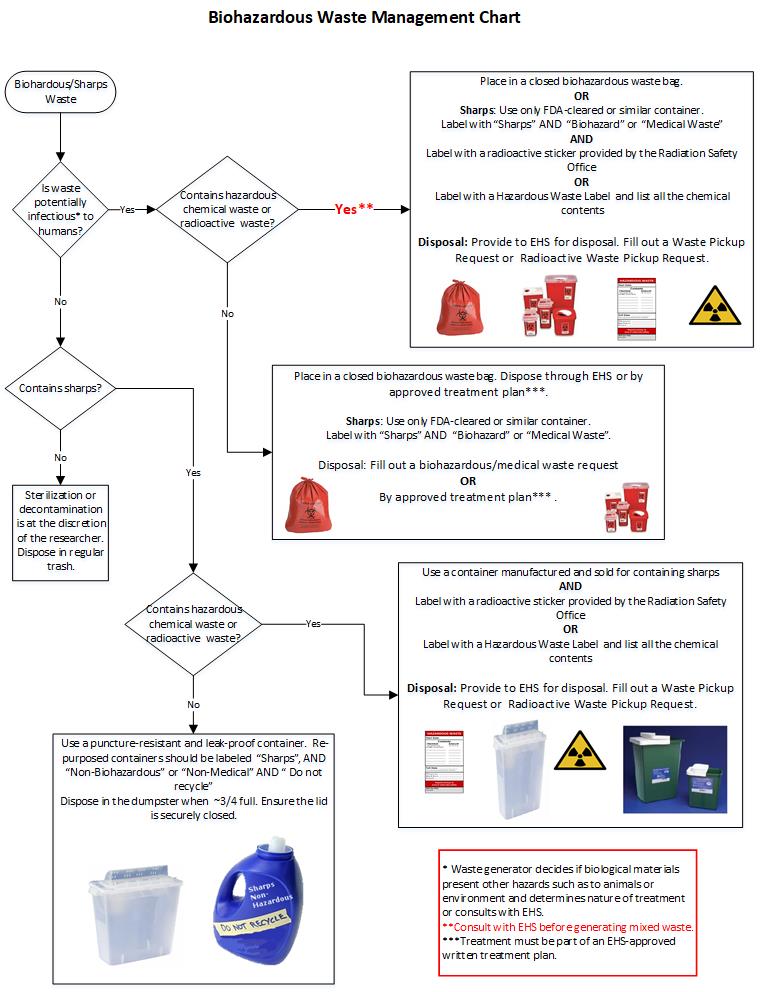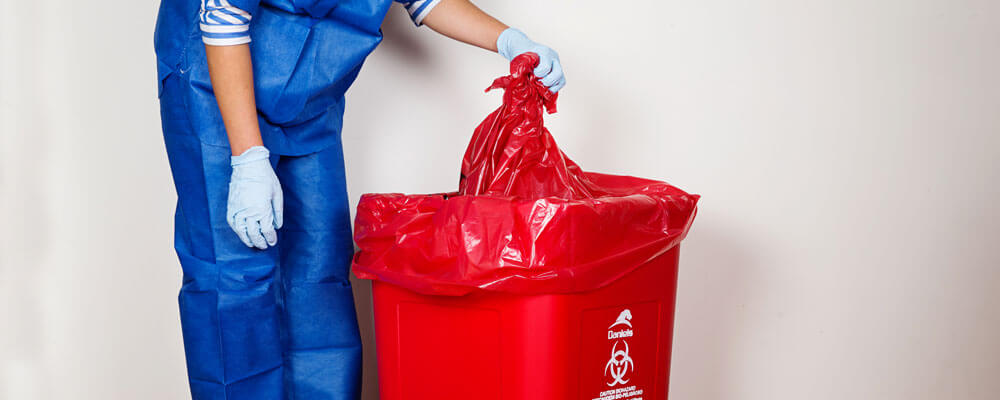Navigating Medical Garbage Disposal: Essential Providers for Health Care Facilities
In the complex landscape of medical care procedures, the administration of medical waste is an important facet that demands precise attention. Healthcare facilities, whether little centers or huge healthcare facilities, are left with the duty of handling, dealing with, and disposing of a vast variety of clinical waste streams. The complexities involved in navigating via the regulative demands, making sure proper waste segregation, and implementing risk-free collection and transport processes are vital. Comprehending the important solutions that support medical waste disposal is not just an issue of compliance however additionally a fundamental component in securing public health and ecological well-being. The complexities of this process are vital for medical care facilities, and the knowledge used in this world plays a critical function in keeping the stability of health care systems.
Regulatory Compliance Support
For health care facilities, making certain governing conformity assistance is vital to maintain proper handling and disposal of medical waste. Abiding by regulations set forth by companies such as the Epa (EPA) and the Occupational Safety and Wellness Administration (OSHA) is essential to stop environmental contamination, shield public health and wellness, and stay clear of prospective legal effects. Regulatory compliance support provides healthcare centers with support on how to effectively set apart, store, transport, and dispose of various kinds of clinical waste in accordance with neighborhood, state, and federal policies. This assistance includes aid in creating and applying detailed waste monitoring plans, conducting normal team training sessions, and doing audits to guarantee recurring compliance. By partnering with governing conformity professionals, healthcare centers can stay current on progressing guidelines, minimize threats related to improper waste disposal, and eventually contribute to a more secure and more lasting setting for all.
Waste Partition Advice

Medical care facilities have to give clear standards and training to staff on how to segregate waste properly. This consists of separating general waste from unsafe products such as sharps, contagious waste, pharmaceuticals, and chemical waste.
Collection and Transportation Services

Correct collection and transport solutions are necessary parts of the clinical garbage disposal process in healthcare facilities. These solutions make sure that harmful materials are managed securely and in conformity with regulations to safeguard both the setting and public wellness. Health care centers count on specialized waste monitoring firms to provide reliable collection and transport services customized to their requirements.
Clinical waste collection entails setting apart different kinds of waste at the point of generation, making use of color-coded containers or bags to differentiate in between general, unsafe, pharmaceutical, and other waste streams. When collected, the waste is moved in dedicated automobiles geared up to handle harmful materials safely.
Treatment and Disposal Solutions
In the world of medical waste disposal for health care facilities, after the important stage of collection and transport solutions, the emphasis shifts in the direction of implementing reliable therapy and disposal services. Treatment solutions commonly entail procedures such as autoclaving, which utilizes vapor under stress to sterilize the waste.
Disposal services include the final action in the clinical waste monitoring procedure. Recycling and resource recuperation are also obtaining grip as sustainable disposal choices for particular kinds of clinical waste products.
Reliable therapy and disposal services are vital in making certain conformity with policies and guarding public wellness and the atmosphere. Medical care centers should very carefully examine and choose proper techniques that align with their waste management goals and sustainability campaigns.
Team Training and Education And Learning

To successfully take care of clinical waste disposal in health care facilities, thorough personnel training and education and learning play an important function in guaranteeing adherence to regulatory requirements and preserving a safe atmosphere. Appropriate training equips team with the knowledge and skills needed to manage various her comment is here kinds of medical waste, segregate them properly, and package them securely for disposal. By educating workers on the risks connected with improper handling of clinical waste, centers can decrease the probability of accidents, contamination, and regulative offenses.

Conclusion
To conclude, health care facilities rely on vital clinical garbage disposal solutions to ensure governing compliance, correct waste partition, risk-free collection and transport, effective treatment and disposal, in addition to staff training and education and learning. These services play a vital duty in maintaining the health and wellness of both medical care workers and the public, highlighting the value of appropriate management of medical waste in health care settings.
For medical care centers, ensuring regulatory conformity support is crucial to preserve proper handling and disposal of medical waste. Waste segregation involves classifying various kinds of medical waste to make sure proper handling, treatment, and disposal. This consists of separating basic waste from hazardous materials such as sharps, transmittable waste, drugs, and chemical waste.Clinical waste collection entails segregating different types of waste at the point of generation, making use of color-coded containers or go to the website bags to differentiate in between basic, unsafe, pharmaceutical, and other waste streams.In the world of clinical waste disposal for healthcare centers, after the important stage of collection and transport services, the focus changes towards executing reliable therapy and disposal services.